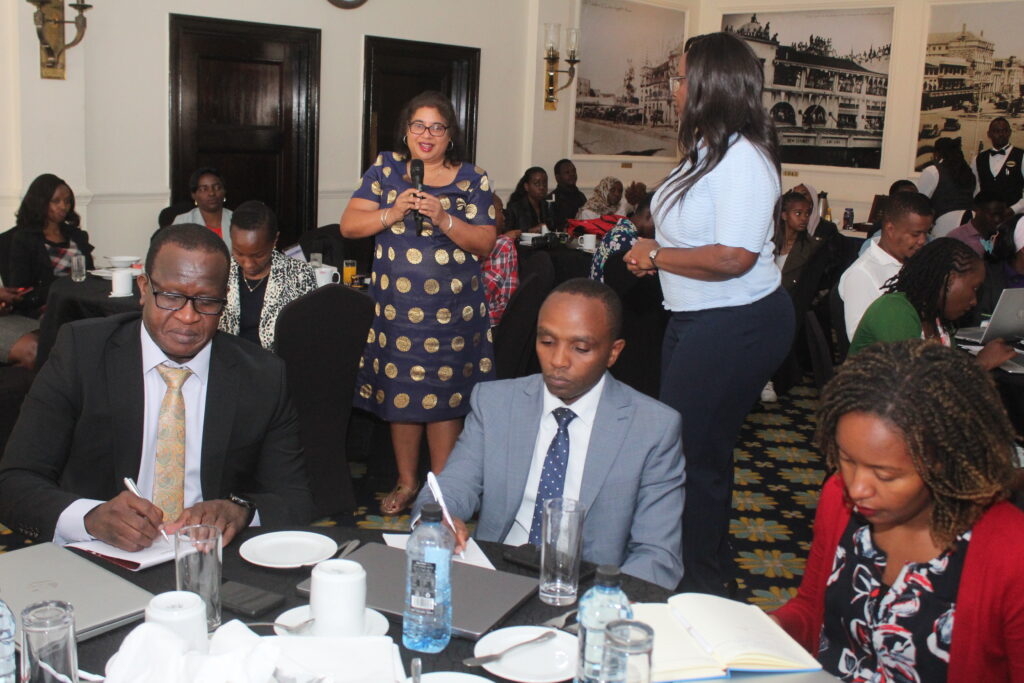Kenya is intensifying its efforts to enhance access to family planning services, aligning with its FP2030 commitments. The country has set bold new targets to reduce adolescent pregnancies and increase the availability of modern contraceptives.
During a media briefing for World Contraception Day 2025, Dr. Edward Serem, the Head of the Division of Reproductive, Maternal, Newborn, Child, and Adolescent Health, outlined the country’s ambitious plans. Kenya aims to raise the modern contraceptive prevalence rate among married women from 57% to 64% by 2030. The government also seeks to reduce the unmet need for family planning from 14% to 10%, while working to lower adolescent pregnancy rates from 15% to 10% by 2025.
Dr. Serem highlighted the innovative approaches the country is adopting to achieve these targets. Among these innovations are the introduction of self-administered injectable contraceptives like DMPA-SC, new methods such as the hormonal intrauterine device (HIUD), and digital systems to track and manage supplies. These advancements are seen as crucial to improving access and choice in contraceptive methods, ensuring that every woman can access the family planning option best suited to her needs.
A key component of Kenya’s strategy is sustainable domestic financing, which Dr. Serem emphasized as essential for uninterrupted access to contraceptives. He called for stronger partnerships with county governments, development partners, and local communities to ensure the success of the country’s family planning initiatives.
The Ministry of Health is also leading the national commemoration of World Contraception Day, scheduled for September 26, 2025, at Makueni County Referral Hospital Grounds in Wote. Dr. Serem acknowledged the crucial role played by development partners, civil society organizations, and county governments in supporting the country’s family planning goals.
The theme for this year’s World Contraception Day is “A Choice for All: Agency, Intention and Access,” with Kenya adapting this theme to “Chaguo La Wote; Making Contraception Accessible.” This message underscores the country’s commitment to ensuring that all women, regardless of their circumstances, can access the family planning services they need.

